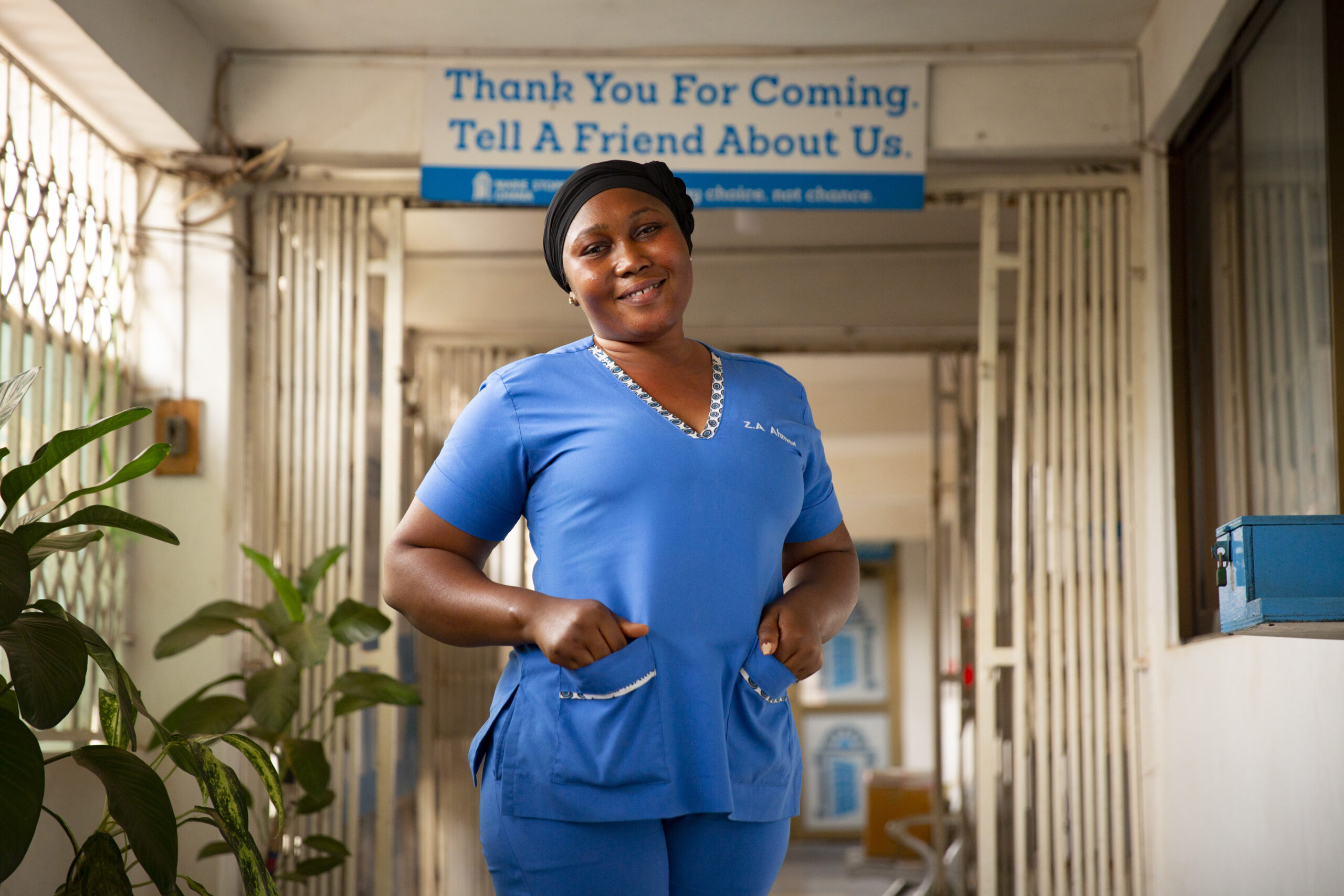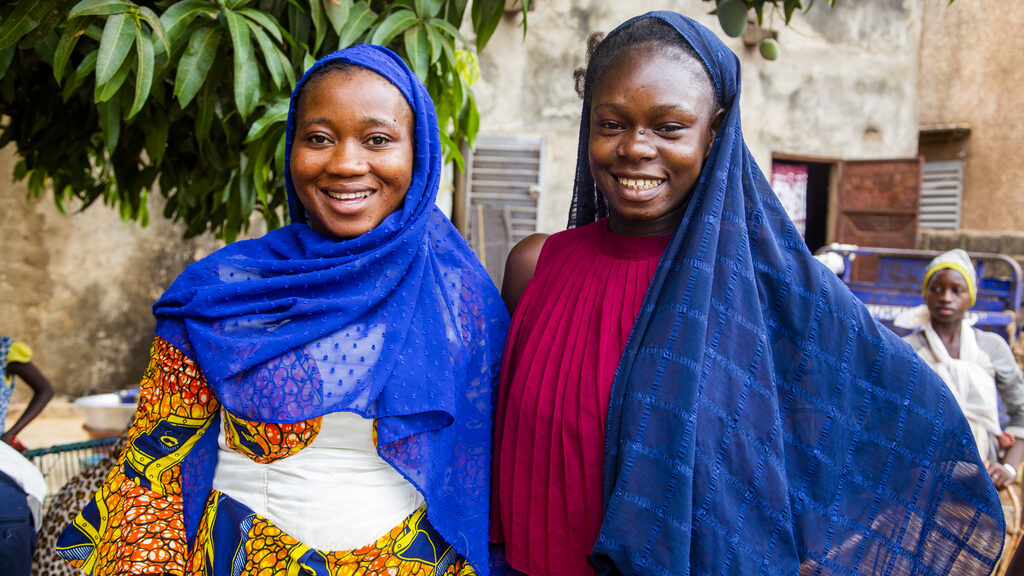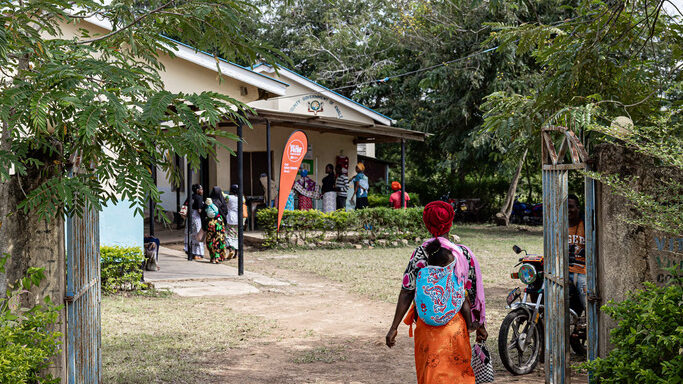In the ‘Global Voices’ series, we share seven stories from MSI healthcare providers, leaders, clients and partners. Their reflections and experiences inform, inspire and invigorate–read them all in our latest Annual Review.
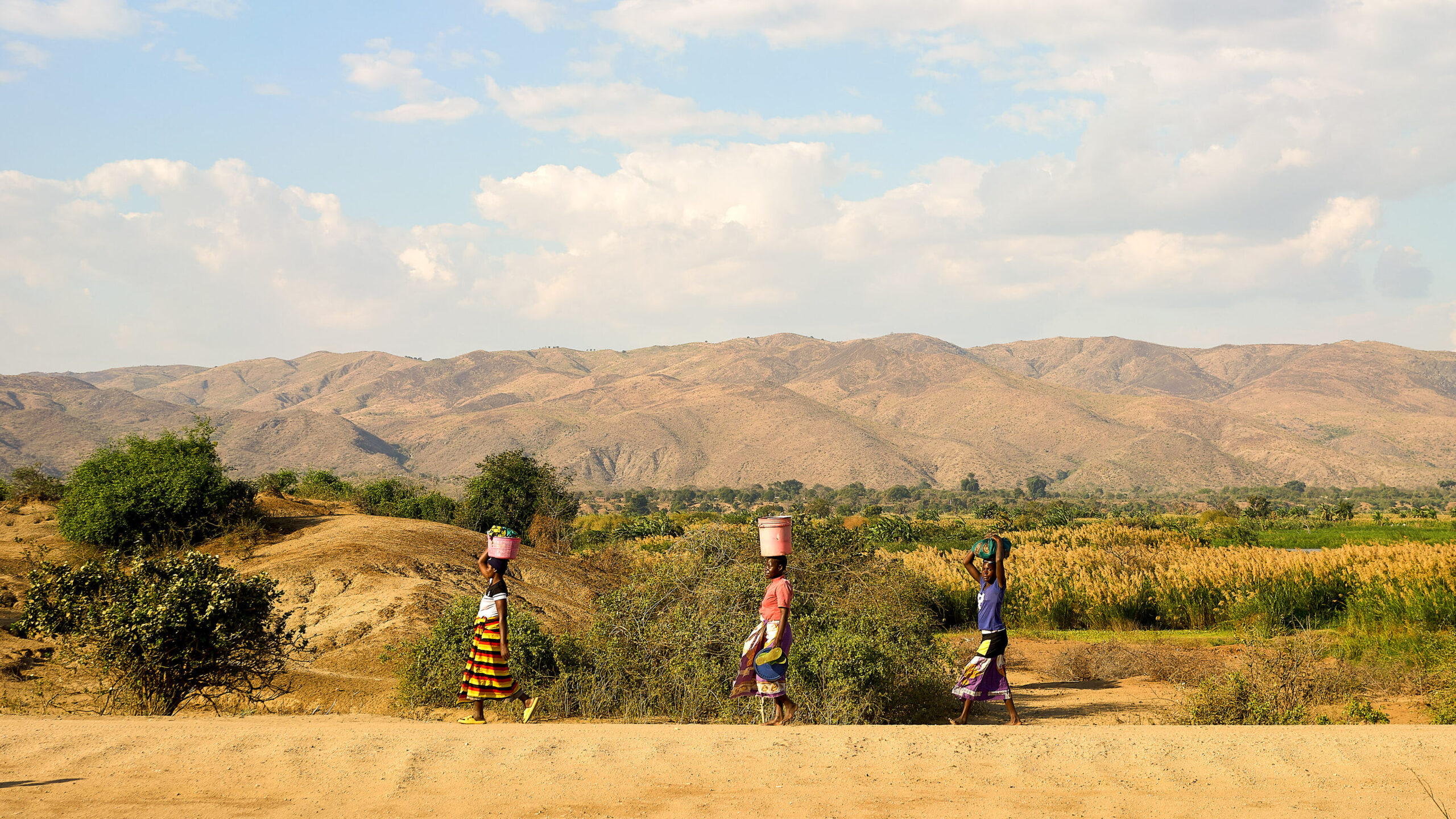
A funding partner, an MSI Zambia team member, and a community member in Malawi each share perspectives on how the climate crisis intersects with reproductive health.
Sarmad Ahmed is a gender equality adviser for the Norwegian government and works closely with MSI. He shares why funding reproductive healthcare programmes is a key strategy for building climate resilience.

In 2024, my visit to Nepal was just weeks after they’d experienced the most severe flooding in decades. I met community members and MSI staff like Tushar, the Country Director, who talked to me about their experiences and the impact on their communities. We visited a village in a mountainous region whose nearest health clinic was shockingly far away. Fortunately, it was able to be reached by MSI – many other places couldn’t be due to landslides and road damage. It was viscerally apparent to me how fragile infrastructures like the heath system can be when confronted with climate disasters.
This experience made me reflect on the need for health programmes to have the tools and ability to quickly adapt services and respond. It’s not always business as usual. As a funding partner, we make it a priority to build in flexibility to respond to climate shocks as the world becomes more unpredictable. It’s also valuable for us to partner with organisations like MSI who are well-established in the countries we’re supporting – as they already work in and are part of these communities.
To leave women without essential reproductive health services while they navigate a climate disaster is deplorable, and we can’t let it happen. More flexible core funding means that organisations like MSI can adapt to ensure the continuation of services, so that women’s reproductive rights are not sidelined.
I see sexual and reproductive healthcare as a fundamental first step in climate adaptation. We know that climate change exacerbates gender inequalities as women and girls are first to lose access to resources, education, and autonomy in times of crisis. When a woman has agency over her body, that translates to making decisions about other parts of her life and contributing to community leadership – it’s these basic needs and rights that are the foundation of building a truly resilient community.
Anne is a 34-year-old mother of four living in Nkadana Village, Malawi. Her community was hit by the longest-lasting tropical cyclone recorded in the southern hemisphere, which severely affected public health services.

Contraception is important for developing our home. Because of contraception, I have cultivated our land, I have constructed this house, we have bought cattle, we have enough food. I feel that my children and I are benefitting a lot. The five years during which we used contraception allowed us to pay for the children’s school fees without any difficulty. I have been able to take good care of my children.
When the cyclone came around, I was due for another visit to access contraception, but I was unable to access it – the bridge was impassable due to the floods. I gave birth to another child. We didn’t plan for this.
As MSI Zambia’s Programmes and Partnerships Officer, Namakando Simamuna sees firsthand the impacts of climate on women and girls.

I was at COP29 climate talks in 2024. I was there to put women at the centre, to implore global leaders to understand that we need to prioritise women’s health and reproductive choices as part of the climate crisis response.
I told the people around me how drought is a national disaster here in Zambia. It’s affecting nearly 10 million people, causing widespread hunger and disrupting power supplies.
A local school principal told me that the drought affecting local farming families is causing girls as young as 13 to have sex with men to secure enough food to live. Last year, 11 girls at this school became pregnant. Some of them use harmful substances to try to end their pregnancies on their own. This happens in the school toilets.
What scares me is that at the COP29 climate talks, I barely heard a word about women’s and girls’ health. The impact of climate change is being felt across my community and my country. It’s rippling across Africa and the world, manifesting in ways that deny women and girls the futures they deserve.
MSI data indicates that 14 million women might lose access to contraception in the next decade due to climate change. The climate is destroying the future of a generation of young women who have done nothing to cause this global emergency, and we have to do something about it.
I’m proud that MSI and our partners are standing up to protect reproductive choice for women and girls on the frontline of the climate crisis. We have a huge mission in front of us.
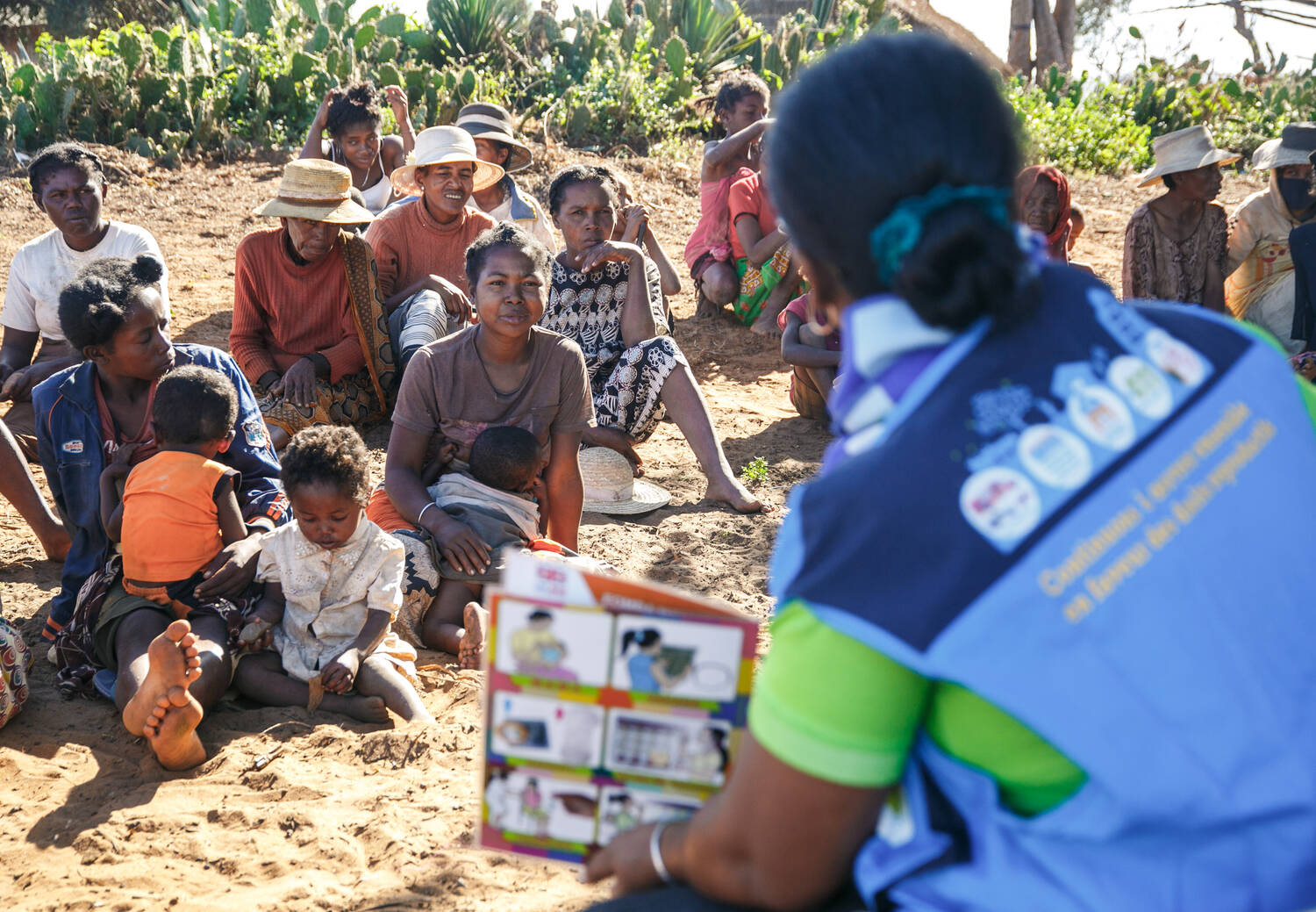
Climate partnership
Partnering at the intersection of climate and reproductive justice.

MSI’s Annual Review 2024
Read seven stories of courage, strategy and grit in our latest Annual Review.
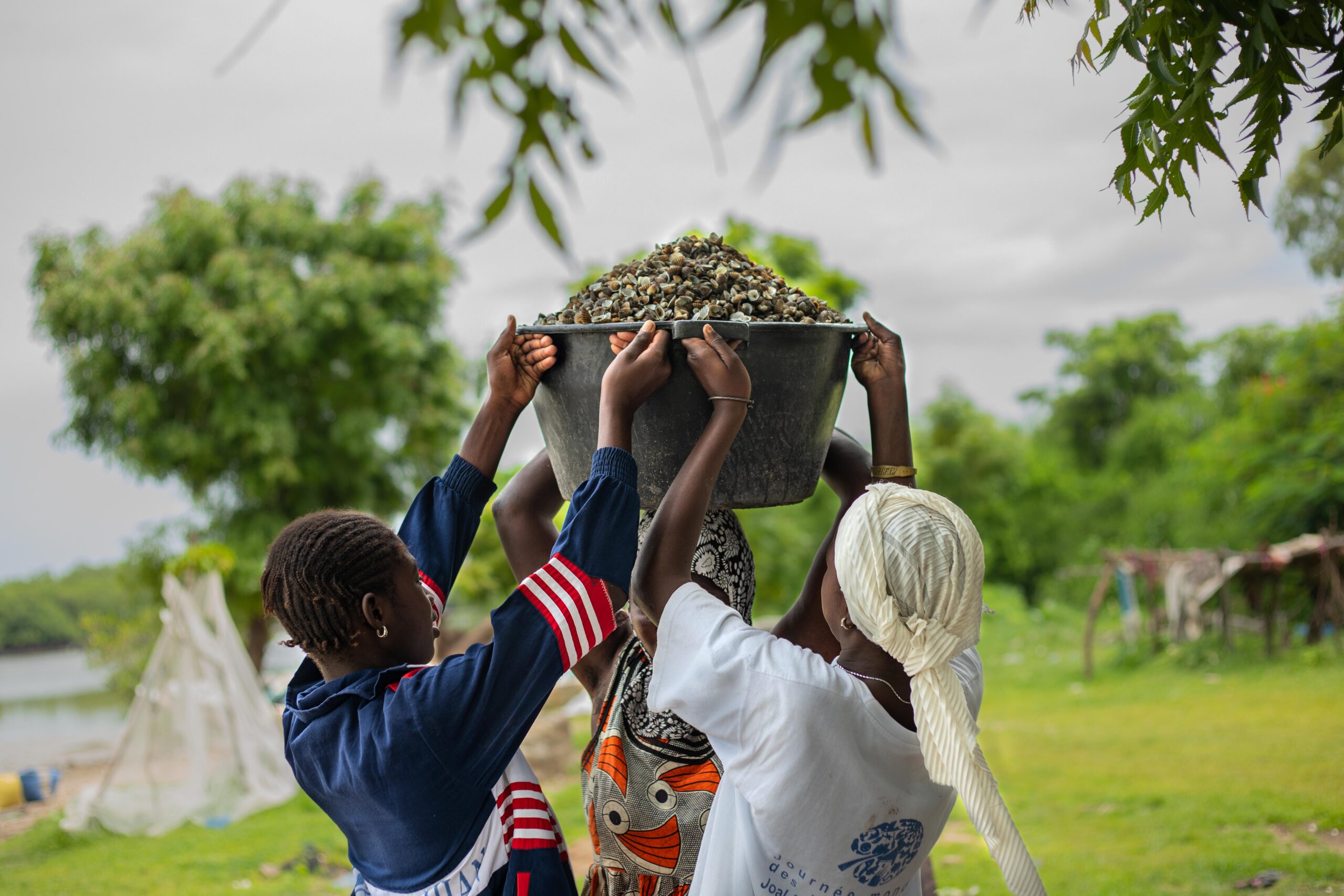
Choice & Climate Crisis
We’re building climate resilience by protecting women’s reproductive choices.






